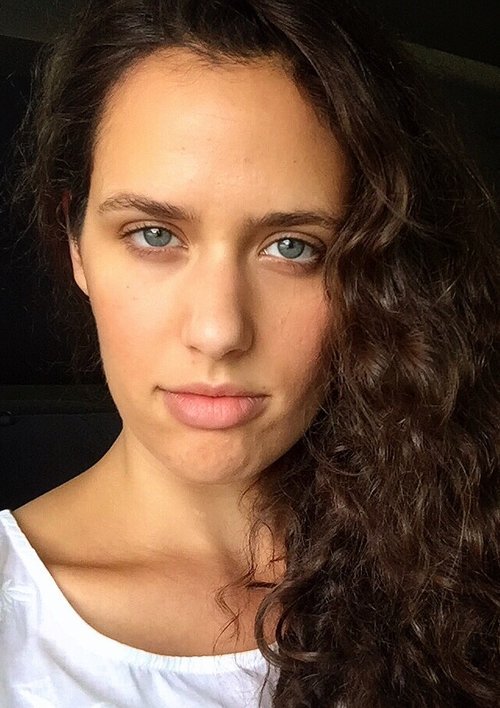With Love, For Grief, a site-specific community sculpture
A Journey to Healing . . .
The collaborative sculpture process began in 2019 with a series of conversations with the Black descendant community around the need for reparations on a local scale. Artist Elizabeth M. Webb and poet Salaam Green convened these intergenerational conversations in multiple locations, including Peter Datcher's "History House" in Creswell and at the Wallace House on Juneteenth during an inaugural Black Descendant Day. Two major themes emerged from these conversations: a desire for a formal permanent acknowledgment of the names of those enslaved on the Wallace Plantation, and a desire for educational scholarships for the larger Harpersville/Vincent community. These conversations inspired the resulting sculpture Webb and accompanying poem by Salaam.
Creating a Symbol of Strength . . .
The sculpture is composed of the four original poplar columns that once supported the portico of the Wallace House. These columns are said to have held the signatures of attendees of house parties in the early 1900s attended by actors and others associated with the film, “Birth of a Nation” (1915) — a film that contained racist caricatures of Black Americans and painted the Klu Klux Klan as heroes. Though these names long faded from the surface of the columns, the symbolism in no less potent. The sculpture reclaims this story to center the presence of the Black descendant community and their ancestors. To fortify the decomposing portions of the wood, aluminum poured by a team at Sloss Furnace in Birmingham filles the physical gaps in the columns.
At the Wallace Homecoming in October 2023, descendants of people who were enslaved or worked the Wallace land as sharecroppers signed their names onto the columns. On Martin Luther King weekend in 2023, descendants signed the names of enslaved people who lived on the Wallace land and were listed on the 1870 census.
Thereafter, the Wallace Center created four scholarships — one for each of the columns — equal to the amount of money invested in the metal. This is both a poetic and tangible effort to begin a process of repair.
Giving Honor to Grief . . .
The Wallace Center dedicated the sculpture on February 24, 2024 where Elizabeth and Salaam gave a brief talk about the process of creating With Love, For Grief. In their work, they found in the 1870 census the name “Grief Wallace” — a 28 year old freedman who was a farmer. The two artists wondered about the experiences of a mother who chose to name her son “Grief". Though we will may never know the details of the lives Grief and his mother led, we do know that we treasure their sacrifices and lives. To remember Grief, Salaam wrote a poem “For Grief.”
“For Love, With Grief” represents the potential to heal from past harms and the promise that true healing can bring.




